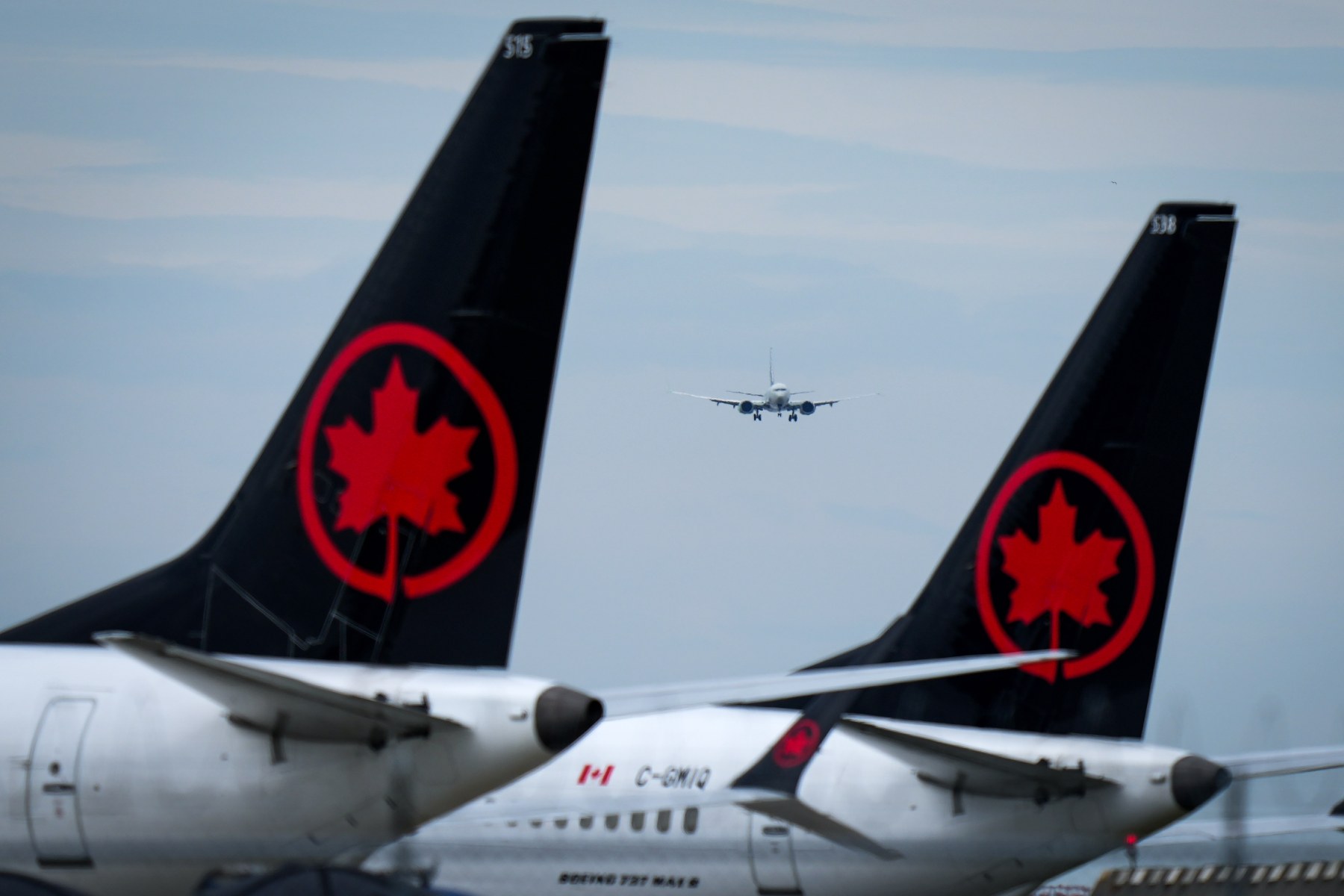
"When the federal government ordered striking-and locked-out-flight attendants back to work on August 16, it was simultaneously attacking the constitutionally protected right to strike. Labour Minister Patty Hajdu waited a mere twelve hours after the Canadian Union of Public Employees (CUPE), the union which represents Air Canada flight attendants, announced the strike to use a section of the Labour Code to order workers back on the job and into binding arbitration, citing the risk of economic harm and travel disruptions."
"The ability of workers to withhold their labour is essential to securing fair deals from employers. Without the threat of losing the labour that makes business possible, employers have little to no incentive to bargain in good faith, or at all. And why would they, if they can rely on the federal government to intervene and order workers back to work and into binding arbitration any time there's a labour dispute?"
Labour Minister Patty Hajdu invoked Labour Code s.107 twelve hours after CUPE flight attendants announced a strike, ordering them back to work and into binding arbitration while citing economic harm and travel disruptions. The order challenged the Supreme Court-recognized right to strike by removing workers' core leverage in collective bargaining. Federal reliance on Labour Code s.107 has repeatedly ended strikes in federally regulated industries, often with unions complying. CUPE and national president Mark Hancock refused to comply this time, defied the order, and succeeded, demonstrating resistance to repeated government intervention that undermines workers' bargaining power.
Read at The Walrus
Unable to calculate read time
Collection
[
|
...
]